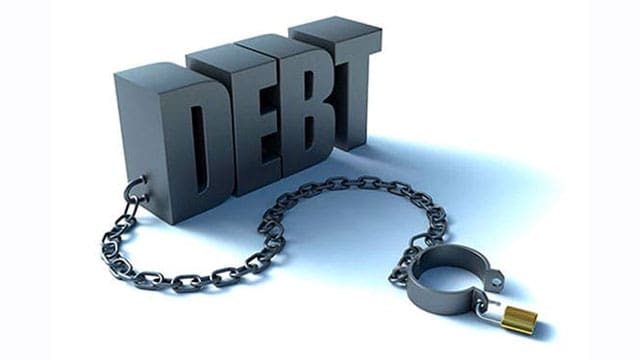Manitoba taxpayers get temporary relief with a gas tax cut extension but face higher taxes and increased debt
 The Manitoba government is trying to lure in taxpayers with both honey and vinegar in its latest budget.
The Manitoba government is trying to lure in taxpayers with both honey and vinegar in its latest budget.
The honey is that Premier Wab Kinew is extending his 14-cent-per-litre gas tax cut for an additional three months. This means that Manitobans can breathe a sigh of relief and look forward to saving on their fuel bills, at least until September. The government estimates that a two-car family will save $375 over the nine months of the cut.
The vinegar is that, despite planning to take in record revenue and hiking some taxes, the government is still projecting a deficit of $796 million this year. That means more debt for future Manitobans. And it means billions of dollars wasted on interest payments to bankers, instead of providing tax relief or funding programs.
In terms of tax hikes, the government is replacing the 50 percent school property tax rebate with a $1,500 tax credit for principal residences in 2025. This means that some Manitobans could see their property tax increasing next year.
 |
| More on Manitoba |
| Indigenous racial privilege on full display in Manitoba
|
| Manitoba is fortunate to not have teacher strikes
|
| Rural communities face higher risk of lung cancer from radon
|
That $1,500 school tax credit might look good now, but with the government allowing school divisions to raise taxes, some as high as 17 percent, many Manitobans could be facing higher taxes in the future.
The government is also increasing taxes for Manitobans with incomes over $200,000 by phasing out the basic personal amount (i.e. the amount of money you can earn before you have to start paying income taxes).
Overall, government spending is projected to increase by $1.4 billion over last year’s budget. Meanwhile, revenues are rising by $960 million.
Part of that increase in spending comes from the government spending millions on corporate welfare. In this budget, the government is handing over $10 million to a bus company to build a new facility and $50 million to a new so-called Strategic Innovation Fund to hand out money to corporations.
The government is going to start to subsidize electric vehicle buyers this year. A new electric car purchase will come with a $4,000 cheque, and there’s $2,500 for a used one.
So, regular Manitobans who are happy with their vehicle or can’t afford the latest and greatest electric vehicle will be sending their tax dollars to those who can afford to drop thousands of dollars on a brand-new electric car.
The government doesn’t have the money for all of this new spending.
By the end of 2025, the debt will be $35.4 billion. That’s an increase of almost $4.4 billion compared to last year’s budget. Interest payments on the debt will cost taxpayers $2.3 billion this year. That’s about $1,520 per Manitoban.
That means the government is spending about $189 million per month on debt interest payments. In total, interest payments make up about 22 percent of the revenue the government takes from taxpayers. Think about that: for every $10 in taxes, two bucks go to interest payments on the provincial debt.
The government isn’t planning to balance the budget until 2027-28 when it forecasts a minuscule $18 million surplus. And because the government is taking so long to balance the budget, it will waste $9.6 billion on interest payments over the next four years. That’s enough to pay for this year’s entire healthcare budget with enough left over to extend the gas tax cut for four more years.
Finance Minister Adrien Sala says he is committed to fiscal responsibility and fixing the mess the previous government left him. However, taking four years and wasting billions of dollars in interest payments before balancing the budget on a razor’s edge does not scream fiscal responsibility to taxpayers who balance their household budgets every month.
The Manitoba government is continuing to help out Manitobans by lowering prices at the pumps, but uncontrolled spending is hurting future generations by saddling them with billions more in debt and interest payments.
Gage Haubrich is the Prairie Director of the Canadian Taxpayers Federation.
For interview requests, click here.
The opinions expressed by our columnists and contributors are theirs alone and do not inherently or expressly reflect the views of our publication.
© Troy Media
Troy Media is an editorial content provider to media outlets and its own hosted community news outlets across Canada.

